Government interventions in India and Pakistan may be able to curb the illegal practice of crop burning and reduce deadly air pollution in South Asia, a new study has said.
According to the study, co-led by US-based Brown University researcher Gemma Dipoppa and published in the journal Nature, air pollution, driven in large part by practices like crop burning, contributes to 2 million deaths a year in South Asia and persists as a public health emergency.
As part of the study, the researchers also examined the effects of crop-burning pollution on infant and child mortality and estimated that that 1.5 to 2.7 deaths per 1,000 children could be prevented if action were taken to reduce crop fires.
“This is a very clear health emergency, and we wondered, ‘Why isn’t the government able to address this challenge, which is visible and extremely damaging for people?’” said Dipoppa, an assistant professor of political science at Brown Universuty.
“We decided to study the aspect of government intervention and in particular the administration of the state that is in charge of reducing air pollution from a big-picture point of view,” said Dipoppa, who co-authored the paper with Saad Gulzar of Princeton University.
Through their analysis of a decade of wind, fire and health data from satellites and surveys, Dipoppa and Gulzar found that government officials in India and Pakistan were more likely to reduce crop residue burning when its negative effects were felt in their own jurisdictions rather than outside of them.
Crop-burning fires increased by 15 per cent when wind was most likely to direct pollution to neighbouring jurisdictions and decreased by 14.5 per cent when it polluted their own, the study found.
The researchers found that government-led actions against burning, such as fines for those violating the law, deterred future polluters and reduced fires by an additional 13 per cent, a finding that contradicted a common perception that the widespread problem is impossible to control.
“Government officials are already acting on this issue, but they are doing it only in times and places where it is incentive-compatible for them, including when the pollution affects their own jurisdictions and not neighbouring areas,” Dipoppa noted.
This is important because it tells us that government leaders do have the power to reduce crop burning. If they had more resources, they would probably be capable of reducing pollution to a larger extent, the authors said.

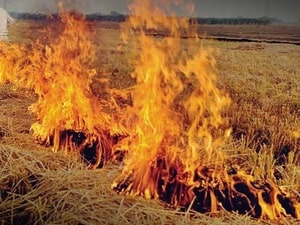
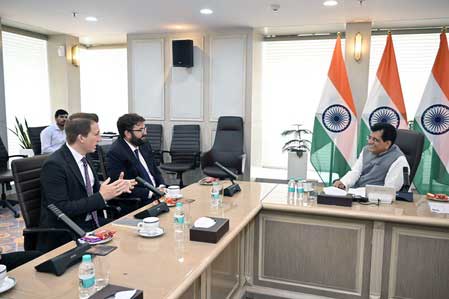
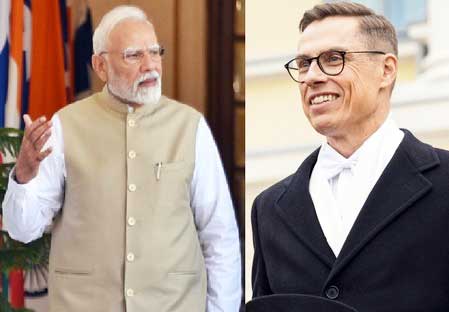
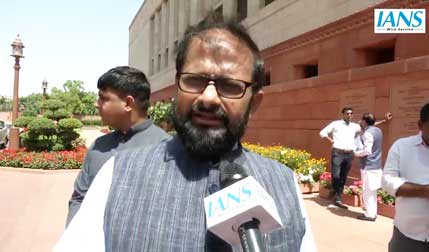
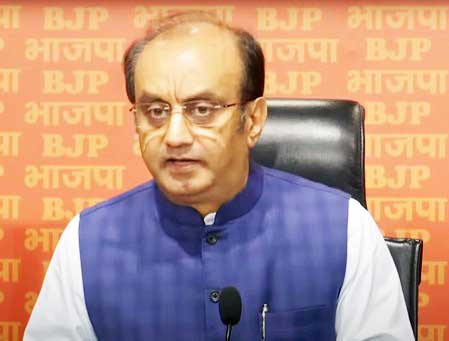
Piyush Goyal meets top execs of Elon Musk's Starlink on firm’s India plans
Commerce and Industry Minister Piyush Goyal held a meeting with top executives of Elon Musk’s Starlink here on Wednesday to discuss the company’s investment plans for India.
Tripura: Two workers killed, two injured after tree collapses
At least two workers, including a woman of MGNREGA, were killed and two more seriously injured when a big tree got uprooted and fell on them in Tripura’s mountainous Dhalai district on Wednesday, officials said.
Finland President dials PM Modi, discusses ongoing collaborations in digitalization, mobility
Prime Minister Narendra Modi and Finland President Alexander Stubb reiterated their commitment to further strengthen and deepen the partnership between the two countries, including in the areas of quantum, 5G-6G, AI and cyber-security during their telephonic conversation, on Wednesday.
Mamata Banerjee’s govt must be dismissed: Shiv Sena on Bengal violence
Shiv Sena MP and Spokesperson Naresh Mhaske on Wednesday launched a fierce attack against West Bengal Chief Minister Mamata Banerjee’s government, demanding the immediate dismissal of her government over its alleged failure to protect Hindus from repeated communal violence.
Herald case: BJP digs out Nehru-Patel's exchange to rebut Cong's charges
BJP MP Sudhanshu Trivedi, addressing a press conference, put up written exchanges between India’s first PM, Nehru and Sardar Patel regarding the Associated Journals Limited (AJL), which controls the National Herald.
National Herald belongs to freedom fighters, not personal property of any family: Rajasthan BJP chief
Rajasthan BJP chief Madan Rathore on Wednesday lashed out at the Congress over the National Herald case, saying that the institution belongs to the freedom fighters, and it is not the personal property of any family.
'Concerned over violence': SC posts further hearing on Waqf (Amendment) Act challenge pleas for tomorrow
During the course of the hearing, the apex court indicated that it would pass an interim order providing that the properties already declared as waqf by court order or otherwise will not be denotified by virtue of the recent amendment.
Were Abdullahs on the same page with PM Modi on Article 370; ex-RAW chief says 'yes'
Former RAW chief, A.S. Dulat in his recent book, ‘The Chief Minister and the Spy’, has generated a storm in the tea cup for the ruling National Conference (NC) in Jammu and Kashmir by writing that the ‘former Chief Minister Dr Farooq Abdullah was secretly on board when Article 370 was removed’.